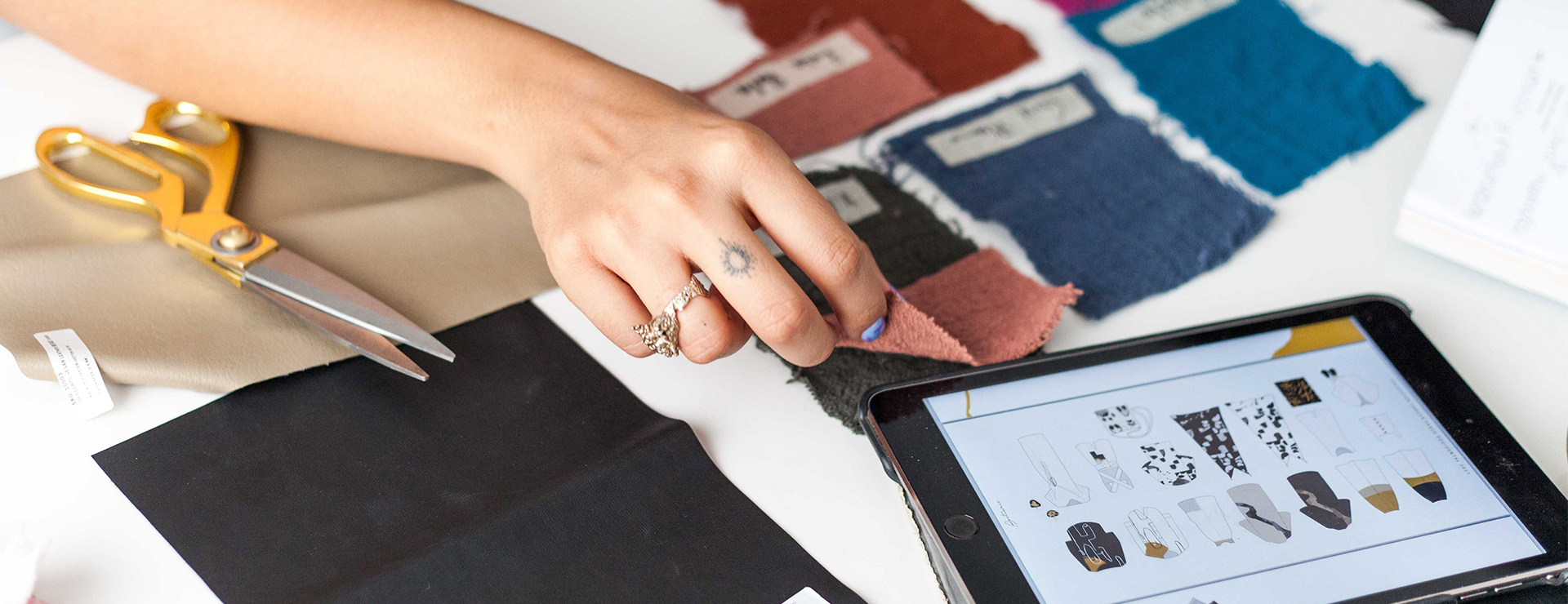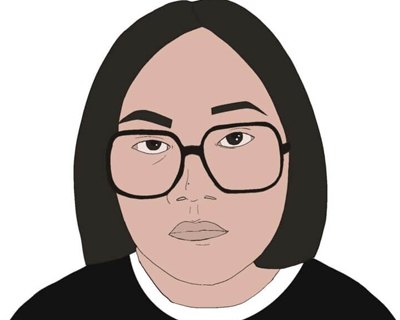Cooperative Education

Why choose a fashion school with an cooperative education program?
Cooperative Education isn’t just a learning method; it’s a chance to build the foundation for a successful career. By gaining real-world experience, IFA Paris fashion students develop the skills and network they need to thrive in the fast-paced fashion industry.
Cooperative Education: A Crucial Step for Your Career
Combining academic training with real professional experience
With years of experience in cooperative education programs, we have built strong connections with fashion and luxury brands. IFA Paris’s flexible approach to teaching adapts to industry needs, and companies in the sector highly value our methods and are often recruiting our graduates. Through real-world experience, our fashion students gain the skills and networks needed to seamlessly integrate into this fast-paced industry.
Boosting Your Career
A path to the professional world
In an industry as competitive as fashion, significant work experience can make all the difference when it comes to landing your first job. Joining a fashion school with an Cooperative Education gives our students a head start with:
- Access to the job market: The experience gained in the workplace enhances your employability, especially in demanding sectors like fashion and luxury.
- Immediate recruitment opportunities: Many companies choose to hire their apprentices, having already trained them in their methods and values.
- A strong professional network: By collaborating with industry experts, you build valuable connections that will create long-term opportunities.
- A deeper understanding of the industry: Cooperative Education allows you to explore the dynamics of the sector, better identify your aspirations, and refine your career choices.
Each year, many students choose Cooperative Education to gain real-world experience and enhance their interpersonal skills. By working with professional teams, our students learn to adapt, communicate effectively, and collaborate—key qualities for thriving in the fashion industry.
Cooperative Education also allows our students to build their independence by facing real-life situations where they must make decisions and propose solutions, boosting their self-confidence and sense of responsibility.
Moreover, with practical experience combined with a recognized diploma, our students become highly sought-after, job-ready candidates, ready to quickly enter the job market. Our close partnerships with fashion and luxury companies, along with our educational approach, make IFA Paris a key player in the professional success of our students. Choosing cooperative education in fashion means choosing an ambitious and tangible future in the fashion industry.
Three Types of Work-Study Programs:
Apprenticeship Contract (Contrat d’apprentissage)
A formal agreement between an apprentice and an employer, providing comprehensive professional training, both in the workplace and at an apprentice training center.
Benefits:
- Employers receive financial incentives for hiring apprentices, including total or partial exemption from social security contributions, recruitment grants and a tax deduction for the apprenticeship tax.
- Apprentices earn a salary. The 35-hour workweek used as basis of calculation is split between the company and the training center. The remuneration is set as a percentage of the minimum wage (SMIC) and varies depending on the apprentice’s age and the year of the contract
Professionalization Contract (Le contrat de professionnalisation):
Nowadays, employers are increasingly turning to professionalization contracts. This type of contract allows individuals to acquire a real professional qualification, while simultaneously following a training program. It therefore promotes the professional integration of young people or job seekers into the workforce.
Alternating Internship Agreement
The internship agreement is still under-promoted. Yet, cooperative education programs are not limited to professionalization contracts. Today, anything that helps young people enter the professional world and facilitate their entry into the job market is welcome…and recruiters certainly won’t complain!
This solution can be attractive to students who appreciate the back-and-forth between theory and practice but are wary of the rigidity of a professionalization contract.
The alternating internship agreement uses the legislation governing internship agreements. It is more flexible than a professionalization contract, as it only involves the student, the company, and the school (no involvement of external organizations).
The agreement is signed by three parties: the student, the company, and the school. They thus agree on the terms of the trainee’s training, their mission, their remuneration, and the coverage of training costs if the company agrees to it.
It is signed for a maximum of 6 months, allowing students to gain multiple professional experiences and refine their career plans. Indeed, it is accepted that several agreements can be concluded successively with different companies. In addition, the student is free to change companies at any time.
Hear from our students
“Through my IFA Paris work-study program, I’m learning to follow up on samples and make technical adjustments, to modify and inspect before production launch, to manage suppliers, and to track the production schedule, as well as handle production issues and technical questions. What I appreciate most is the attention to detail involved in quality control, ensuring that the final product matches the sketch and meets customer expectations..”
Carla Caparas – Assistant Product Technician at FREEMAN T. PORTER

“As a fashion press assistant for both men’s and women’s collections at Hermès, I currently clip articles from magazines and newspapers where the House is mentioned and then record them in the media estimation software. I handle sample requests and send looks to editorial teams. I ensure the smooth running of the showroom and help prepare the seating plans and invitations for various events”
Léa Saiz – Fashion Press Assistant at HERMÈS
